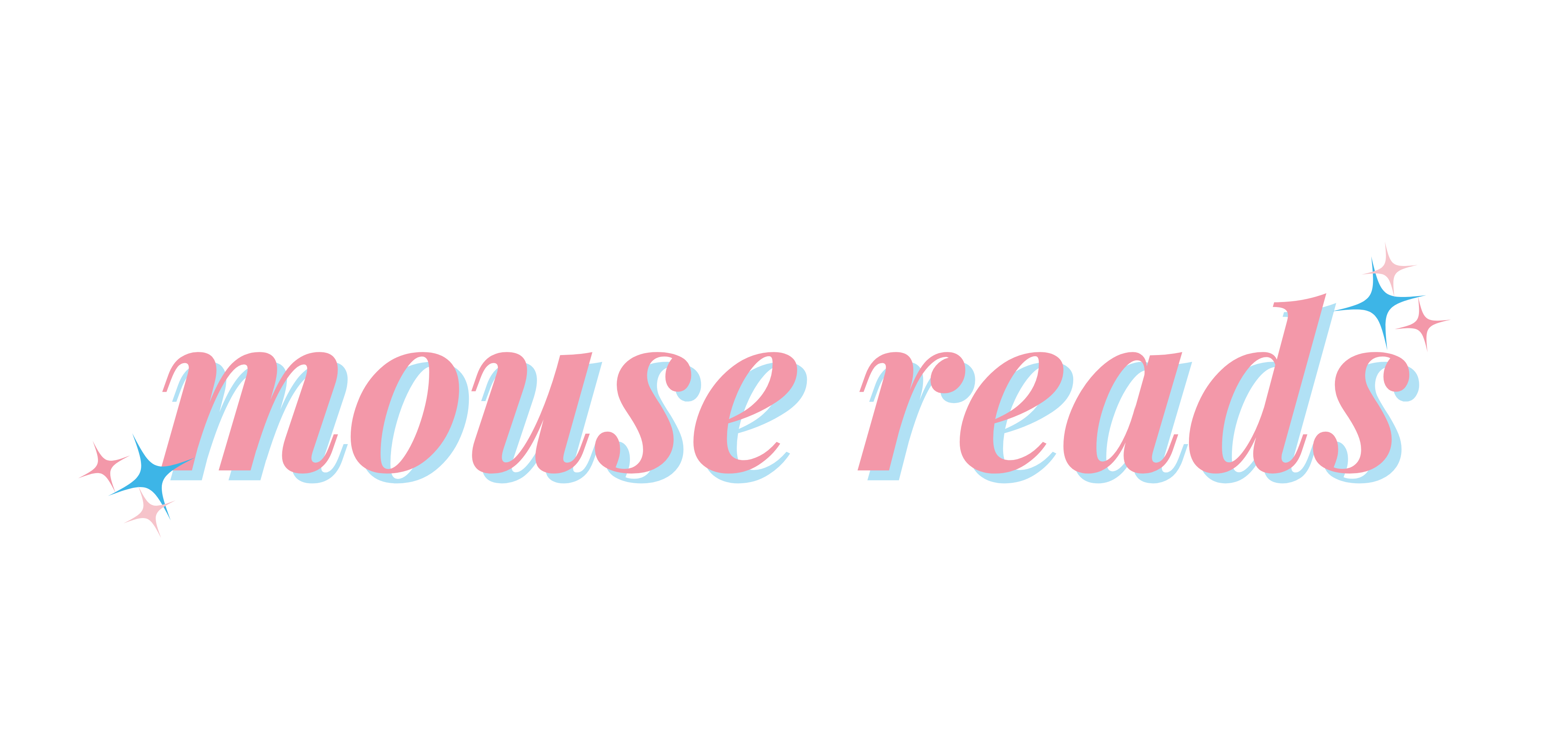The Younger Wife
The Younger Wife by Sally Hepworth is a multi-faceted thriller. Stephen Aston’s daughters are starting to unravel his past, and they’re finding some concerning pieces.
From Goodreads:
Stephen Aston is getting married again. The only problem is, he’s still married to his first wife, even though she is in a care facility for dementia. But he’ll take care of that easily, by divorcing her–even if his adult daughters protest.
Tully and Rachel Aston look upon Heather as nothing but an interloper. Heather is the same age as Rachel and even younger than Tully. Clearly she’s a golddigger and after their father’s money. Heather has secrets that she’s keeping close, and reasons of her own for wanting to marry Stephen.
With their mother unable to speak for herself, Tully and Rachel are determined to get to the truth about their family’s secrets, the new wife closing in, and who their father really is. But will getting to the truth unleash the most dangerous impulses…in all of them?
All quotes are from an advanced reader copy, and may or may not reflect the published edition.
“There can be pride in dysfunction.”
I really enjoy Sally Hepworth’s writing. I find it interesting and the multi-faceted women she provides in her stories are fantastic. The Young Wife is no exception to this. While, at times, it did start to feel a bit overwhelming keeping up with who was who with regards to side characters (as none of them were that interesting), it was all building up to a fantastically interesting thriller. And then, the ending made it all come crashing down.
“If anyone can find pride in dysfunction, it’s you.”
There is a trope that women are delusional and over-emotional. That they jump to conclusions using stepping stones that may or may not exist. This trope is what leads to victims of abuse not being believed, to women feeling ashamed or crazy when they think something more is happening. It is not a good trope. This is, especially, not a good trope for another woman to encourage. This is the trope that this book hinges itself upon. This alone ruined the book for me. I hated the ending, and I hated the writing for choosing this trope as a cop-out. It was one of the most absurd things I’ve ever put myself through. And as a victim of genuine gaslighting, and this trope making me unbelieved, it pissed me off.
“Who is Fiona Arthur?”
For me, in a thriller, there has to be some satisfaction with the actions taken. The reasoning behind the actions needs to make sense to me, and it has to be enjoyable to get there. However, the ending of this book was, genuinely, ridiculous. It made the edge of my seat waiting for the resolution feel like an absolute waste of my time. This rating would be lower if it weren’t for how good the writing was up until 80% in. After that? It all falls apart.
“But she must have been. Because if she was going mad, it meant that Stephen was a monster. A monster who, in the next few months, was going to become her husband.”
Thank you to Netgalley and the publisher for a copy of this book in exchange for an honest review.







Leave a Comment